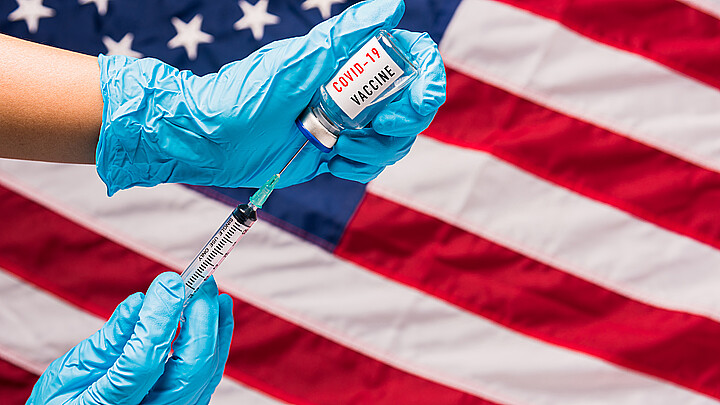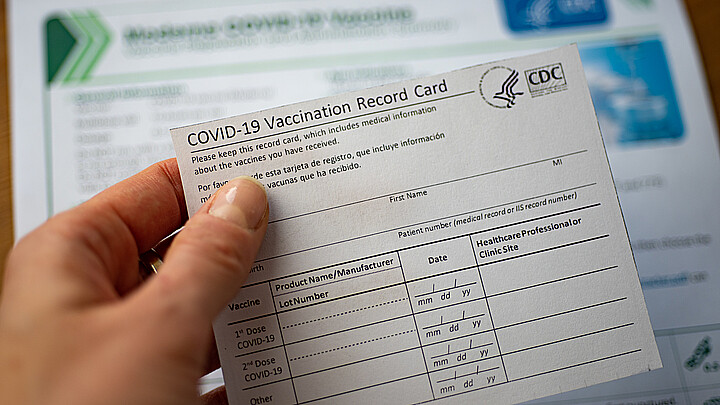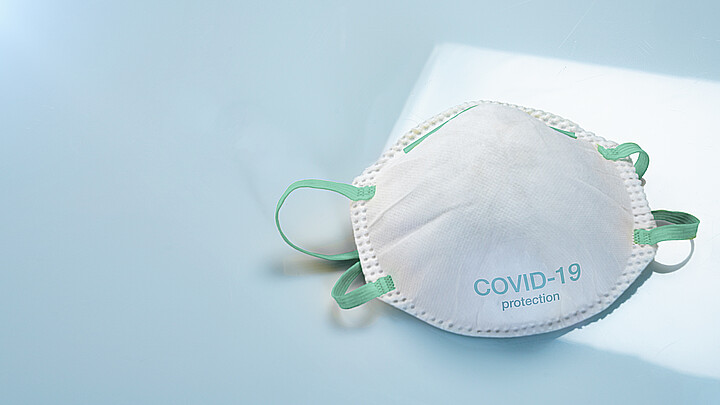Coronavirus
Pfizer's COVID-19 pill supply outstrips demand
Demand for Pfizer’s oral COVID-19 antiviral medication has been surprisingly low due to falling test rates, potential complications with other drugs and the omicron variant’s milder symptoms, according to interviews with experts
April 20, 2022 12:51pm
Updated: April 20, 2022 12:52pm
Demand for Pfizer’s oral COVID-19 antiviral medication has been surprisingly low due to falling test rates, potential complications with other drugs and the omicron variant’s milder symptoms, according to interviews with experts.
The Paxlovid pill was touted as a critical step in combating COVID-19 after tests showed that it cut the risk of hospitalization by 90%. Merck’s molnupiravir, another pill authorized by the Food and Drug Administration, only reduces risk by 30% and has reproductive risks.
However, a review of data by Reuters found that Paxlovid supply far outstripped demand in the U.S., U.K., Japan and South Korea.
"We're just not seeing as many people coming in for testing," said Dr. Timothy Hendrix, senior medical director of AdventHealth Centra Care in Florida, who added that he had not prescribed Paxlovid in a few weeks.
Eligible patients with symptoms have turned down the pill, believing the omicron variant was less severe.
"Most of our patients (say) ... 'I'm just going to go home and tough this out,'" Hendrix said.
Prescription of Paxlovid can be difficult because of how it interacts with many widely-used medications, with one medical professor describing it as “a bit of a pain to prescribe.”
The rise of home testing means that more patients may be unaware they are eligible for Paxlovid – or that it even exists.
Pfizer expects at least $22 million in sales of Paxlovid from contracts signed through early February. The U.S. has agreed up to 20 million pills this year at about $530 per course, which entails 30 tablets over five days.
Its rollout has been slow in Asia, where some countries have seen infections rise again. Japan has a contract for 2 million Paxlovid courses but less than 10,000 courses have been sent out and 2,900 prescribed as of the end of March. South Korea has used about a third of the 624,000 Paxlovid courses it has received.
China has not approved any foreign coronavirus vaccines or treatments.
Pfizer has initiated talks with 100 governments and has agreements in place with 26 countries, reports Reuters. It is projected to produce 120 million courses of Paxlovid this year.










